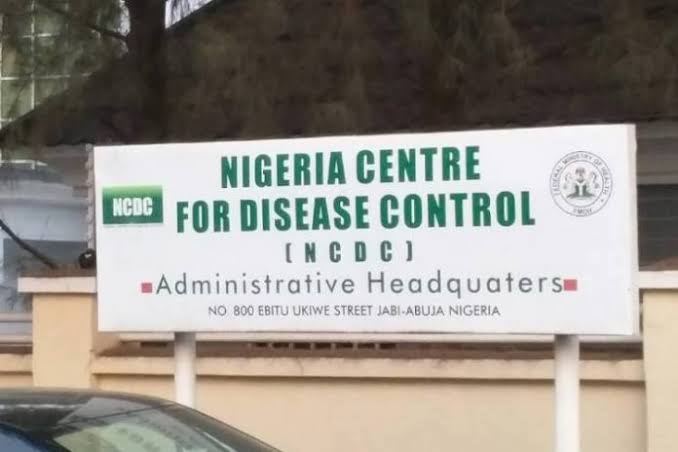The Nigeria Centre for Disease Control and Prevention (NCDC) has launched a strategic roadmap spanning from 2024 to 2026 aimed at addressing pressing public health challenges and enhancing health promotion, disease prevention, surveillance, laboratory capacity, and emergency preparedness across the nation.
Dr. Jide Idris, the Director General of the NCDC, emphasised the significance of the roadmap in tackling current health issues while aligning with both national and international health priorities.
He highlighted the roadmap’s emphasis on collaboration with various stakeholders, including government agencies, local and international partners, academic institutions, research organisations, and the private sector.
Key objectives outlined in the roadmap include the optimisation of existing resources, increased government commitment to health security, and the pursuit of additional funding through grants and donations.

Dr. Idris emphasised the importance of rigorous monitoring and evaluation through a robust framework and the institutionalisation of best practices to ensure sustained efforts.
“To effectively engage the public, NCDC plans to utilise various communication channels to raise awareness about the roadmap and its objectives,” he added.
While acknowledging anticipated challenges during implementation, such as limited resources, infrastructure constraints, and logistical hurdles, Dr. Idris outlined strategies to overcome them, including strategic planning, partnership development, and resource mobilisation efforts.
He reaffirmed NCDC’s dedication to safeguarding the health of Nigerians through proactive prevention, preparedness, and collaboration with stakeholders.
Dr. Idris expressed optimism about the successful implementation of the roadmap, aiming to bolster Nigeria’s public health infrastructure and enhance its ability to respond to current and future health threats effectively.
In response to a surge in disease outbreaks nationwide, he stated, “NCDC has activated emergency measures to combat meningitis, diphtheria, and cholera. Dr. Jide Idris addressed the severity of the situation during a press conference in Abuja, highlighting the urgent actions being taken.
“With 2173 reported cases and 202 deaths across 22 states and 96 local government areas, meningitis demands immediate attention. Additionally, cases of diphtheria (16,518 cases, 22 states, 160 LGAs, with 839 confirmed deaths) and cholera (410 cases, 5 deaths, 17 states, 38 LGAs) have been reported, necessitating swift and comprehensive response efforts.
“To manage these outbreaks effectively, NCDC has established emergency operations centres (EOCs) for Lassa fever and cerebrospinal meningitis. National rapid response teams have been deployed to affected states, offering medical supplies, capacity building, and support for response activities.
“Collaboration with the National Primary Health Care Development Agency (NPHCDA) has been initiated for meningitis vaccination campaigns, stressing the importance of early diagnosis and prompt treatment,” he added.


